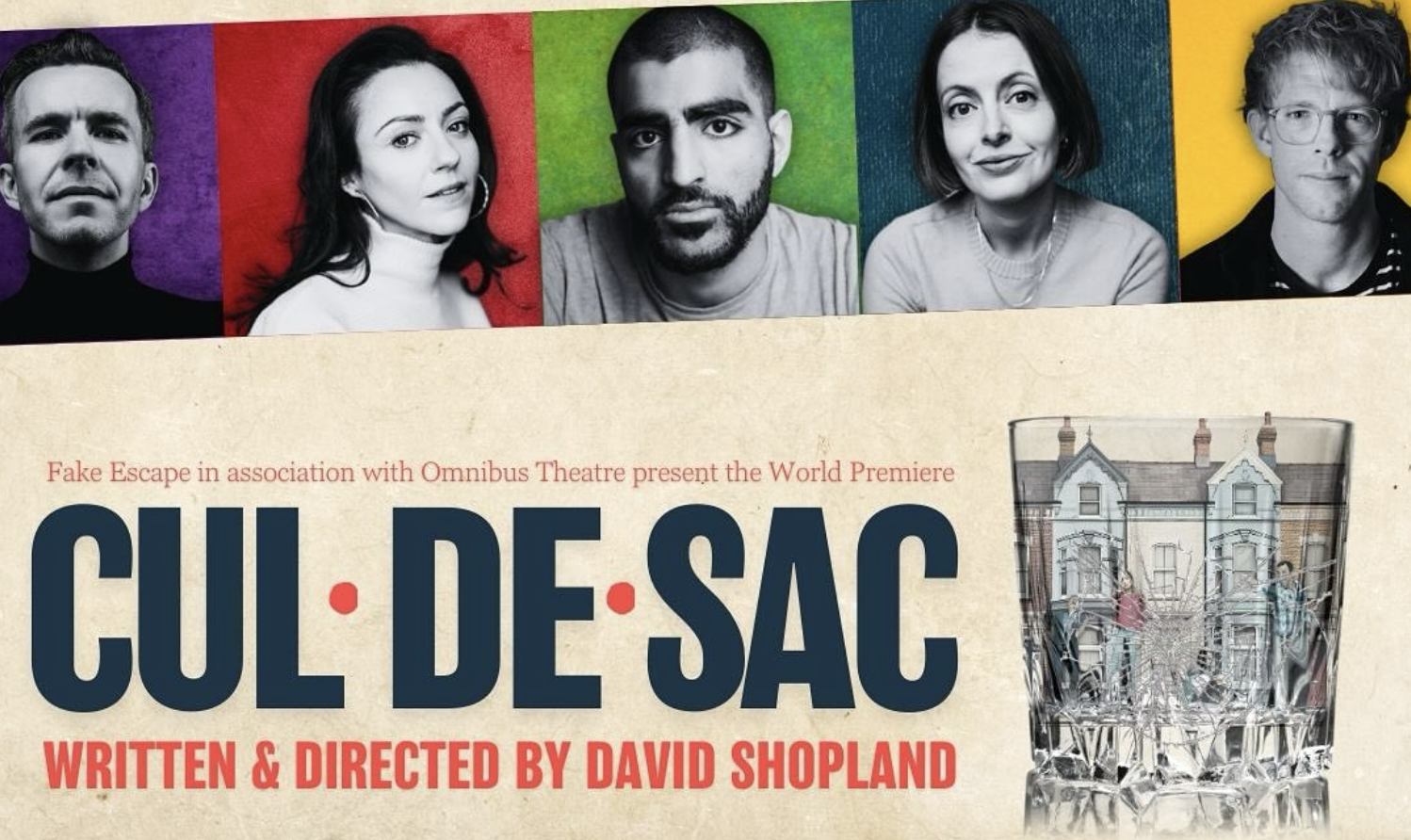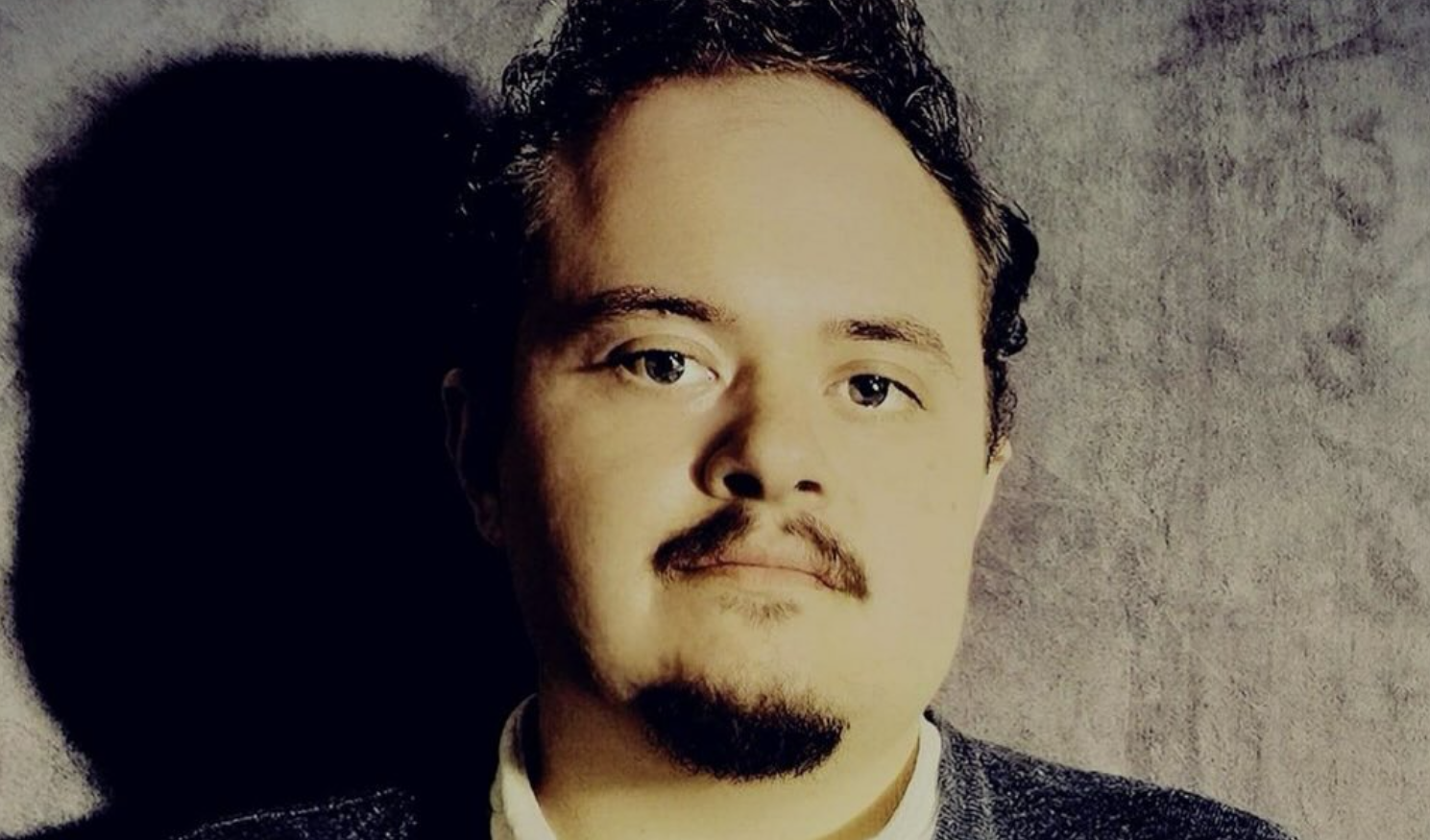Interview with Writer & Director David Shopland
David Shopland’s CUL-DE-SAC is a dark comedy about suburban secrets, making its debut at Omnibus Theatre. Writer and Director David Shopland reveals all...

Hey David, what inspired you to explore the lives of suburban neighbours in Cul-de-Sac?
Rather bizarrely with CUL-DE-SAC, I was actually inspired by a conversation I heard in the London Underground. Two neighbours were discussing the proximity of the streetlights along their road, and it caught my attention because, although mundane in its content, there was an unknowing beauty and poetry to their rhythm and vocabulary that I was moved to subtly take my phone from my pocket and begin typing out what I could remember.
This idea of finding beauty in the ordinary began to intertwine with my memories of living in Zone 6 London for several years with my sister and brother-in-law back in the early 2010s. So the play organically branched out from there.

The play is described as a "wine-stained comedy-drama". How do you blend humour with an emotionally intense performance?
I have always been a fan of undercutting tension with a laugh. I approach writing dialogue in a similar way to scoring a piece of music, anticipating the ebbs and flows of an audience's emotional journey in the way a composer would when writing an aria. For me, I like to push the tension to just about breaking point before giving the audience permission to laugh and thereby allowing a new energy to take hold.
I think that catharsis makes for a more pleasurable viewing experience. There's a very fine line between comedy and tragedy, so I think for me, blending them is about finding a shared truth that can both be tragic and, in the same moment, be used in another context to add levity.
What role does nostalgia play in the show? Are you critiquing it? Celebrating it? or both?
Being a play about Millennials, I knew nostalgia would play a part. Those who know my work, especially plays like Saving Britney, know that I enjoy using 90s and early 00s pop culture references for comedic effect, and also for pathos when used to underline various characters' lack of direction in their life.
I often find we can bury our heads in childhood memories as a self-soothing tactic when adult life feels too heavy, and I often use nostalgic references to drive this home.

Omnibus Theatre was originally built to serve as Clapham’s Library. In what ways does the character of the space inspire you?
Having run an immersive new writing festival for over a decade in the South West, it's safe to say I am a big proponent of site specificity. Even if you're producing a naturalistic play in an end-on theatre such as we are, I still believe in imbuing the production with elements that tie it specifically to the building it's in. Having been rehearsing elsewhere, I won't know exactly what that is until we get into the theatre, but I can promise you the Omnibus will definitely leave its mark on the show!
5) What's grabbing your attention in the UK culture scene right now? (could be anything!)
I have to give a shout-out to a fantastic venue, only a year old, in the London Bridge/Elephant & Castle area of our capital city, called RPG Taverns. It's a tabletop Role Playing Game (RPG) pub where you can pay a nominal fee to sit with strangers who will soon become fast friends and get immersed in Dungeons & Dragons, Call of Cthulu, Blood on The Clocktower, and other popular RPG games.
It's been co-founded by one of my oldest and closest friends, and I'm so proud of what he's achieved with the venue already. With the boom in popularity of D&D and similar games thanks to Stranger Things and YouTube channels such as Dimension 20 and Critical Role, it's great that RPG Taverns is offering Londoners the opportunity to get involved ad-hoc, without worrying about setting up weekly schedules or finding people to play with. I really recommend checking it out!